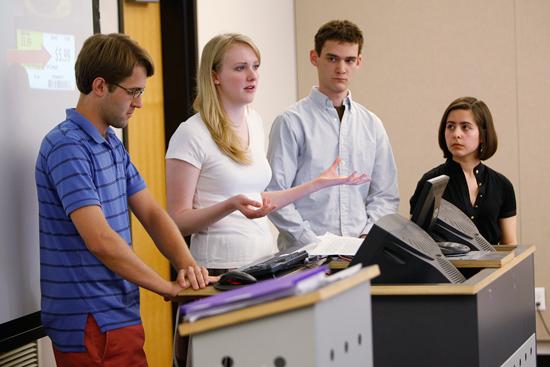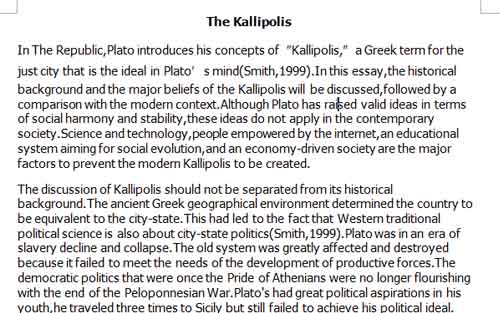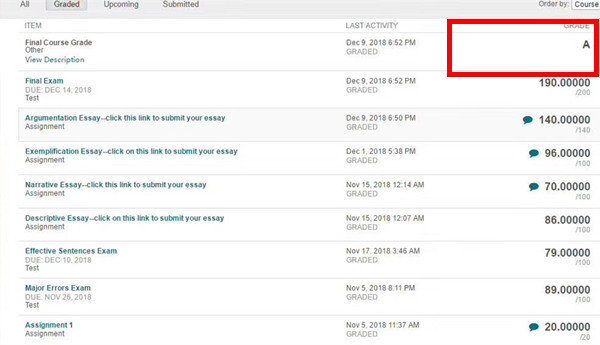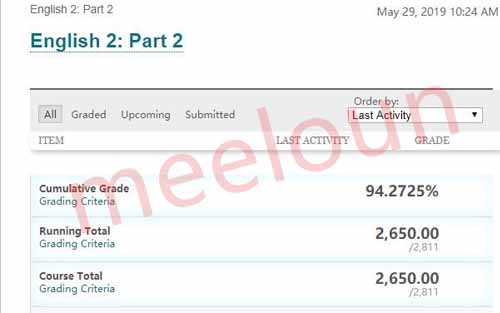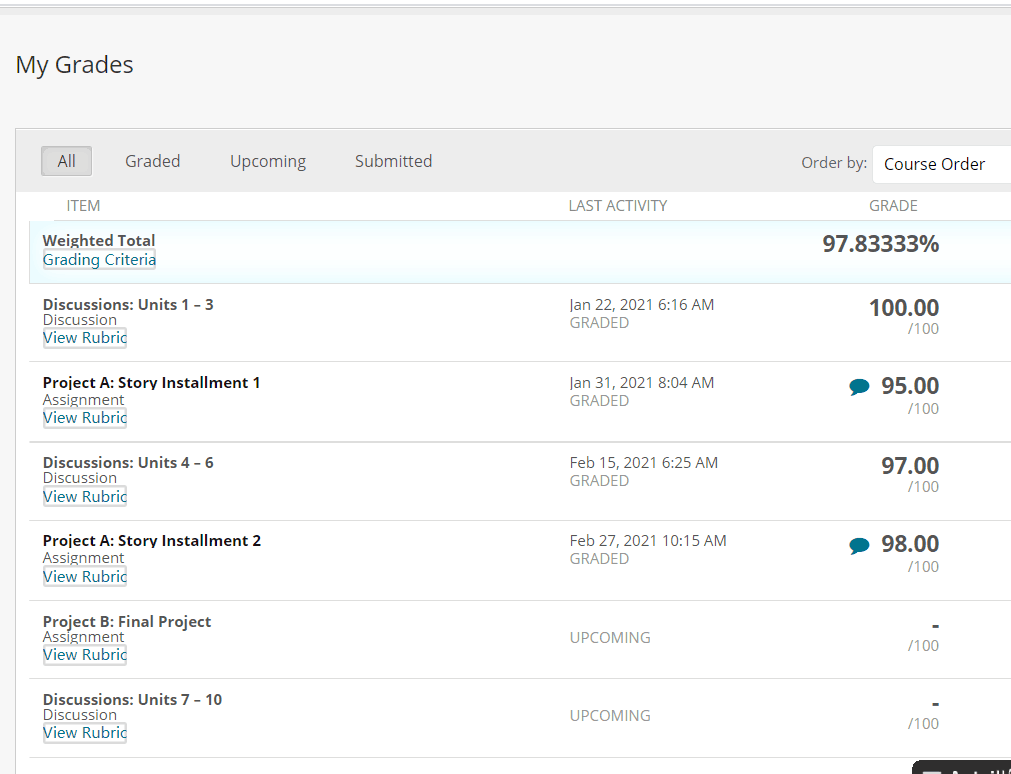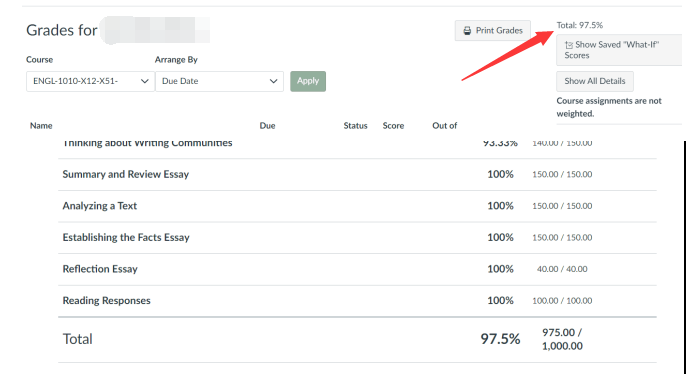本文是一篇优秀的Coursework代写范文,题目为:Research on Dialogue,这篇范文主要讨论了对话。对话不仅是一种语言交换和思想交流的方式,也是一种概念或理念,更是人的交往与存在方式。在人类历史的进化过程中,人们始终在日常生活中进行着对话,从不同的角度思考对话,并从不同的视角来理解和认识对话。
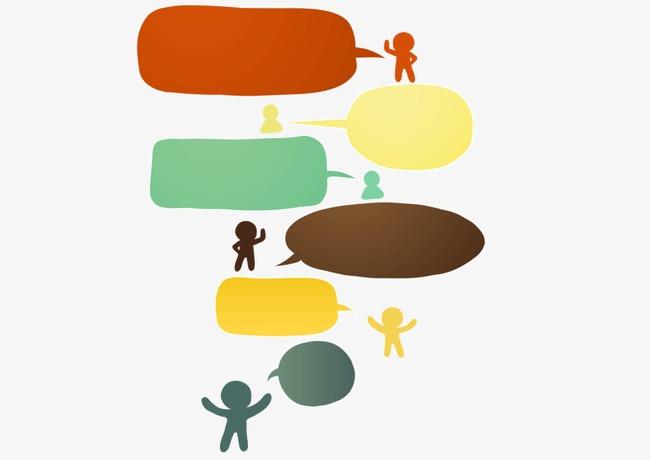
Research on dialogue
Dialogue is not only a general sense of language communication and ideological communication, is also one kind of idea or the idea, is the human contact way and the existence way, is a kind of association "I" and "You" the soul, the emotion, the life significance and the life value activity, sets the intersubjectivity, the elaboration, the reconsidering in one. The dialogue should adhere to the principle of equality, the principle of openness, the principle of artistry and the principle of generative.
对话不仅是一般意义上的语言交流和思想交流,也是一种观念或观念,是人的交往方式和存在方式,是一种联想“我”与“你”的灵魂、情感、生命意义和生命价值的活动,集主体间性、阐述性、,重新考虑是其中之一。对话应坚持平等原则、开放原则、艺术性原则和生成性原则。
In the evolution of human history, people always have dialogues in their daily life, thinking in the mind of dialogue, and understanding and understanding of dialogue from different perspectives. Since modern times, Western philosophy has experienced "linguistic turn". Dialogue has increasingly become an important theoretical and practical issue. Buber, David burm, Bakhtin, Habermas, Gadamer and other thinkers profoundly elaborated the connotation of the dialogue from their respective perspectives, and actively practiced the dialogue. Tracing the theoretical origins of the development of dialogue is helpful to peep into the essence of dialogue and to understand the basic ideas, viewpoints and methods of dialogue.
在人类历史的演变中,人们在日常生活中总是有对话,思维在对话中,从不同的角度理解和理解对话。近代以来,西方哲学经历了“语言转向”。对话日益成为一个重要的理论和实践问题。布伯、伯姆、巴赫金、哈贝马斯、加达默尔等思想家从各自的角度深刻阐述了对话的内涵,并积极实践对话。追溯对话发展的理论渊源,有助于深入探究对话的本质,理解对话的基本思想、观点和方法。
Since modern times, scholars such as Buber, David burm, Bakhtin, Habermas and Gadamer have expounded their dialogue ideas and theoretical viewpoints.
Buber in "People and people" in the "I-You" relationship of "real dialogue." He divided the dialogue into three types: true dialogue, technical dialogue, and a monologue of dialogue. The dialogue in the "I-You" relationship is a real dialogue. Buber describes the "I-you" relationship as a kind of harmonious encounter, in the "I-You" relationship, "you" to the "I". The "I" Answer to "you" and establish a dialogue relationship. The second is the technical dialogue that is simply aroused by the need for objective understanding. The real dialogue is implicitly hidden in the dark corners of all forms, and the interlocutor has to dig out the meaning from the other's vast amount of discourse information. The third is to dress up as a dialogue monologue. The two or more people who met did not establish a relationship, just to talk with themselves in a roundabout and circuitous way. "I" Never showed, "you" also never came. Among them, the dialogue of the "I-you" relationship represents the persistence of the human spirit.
David burm in order to deal with the problem of human communication under the rule of technological rationality, this paper puts forward the theory of "Boehm dialogue", which is widely admired and applied, from the thinking of hiding behind the dialogue. He begins with the etymology of "dialogue": "dialogue" stems from the Greek word "dialogos". "Dia" here represents "crossing", "Logos" means "word". means "meaning." So。 "Dialogue" is the passage and flow of meaning between people, and therefore the emergence of a new "understanding and consensus" between the groups to generate some "shared meaning." In the way of "shared thinking", the interlocutor overcomes the deficiency of "divisive thinking" and "thinking Assumption", and then gets the whole "shared meaning". In the dialogue of sharing and participation, human beings can expand their own space of existence and development.
Bakhtin put forward the "hyper-linguistics" dialogue theory in the study of cultural discourse. In Bakhtin's view, dialogue is the essence of language and the basic relationship of human beings. He found the dialogue to be polyphonic or multipart. "The essence of polyphony is that different voices remain independent here, as separate voices are combined in a continuum ... The artistic will of polyphonic structure lies in the combination of many wills and the formation of events. This means the independence, freedom and diversity of the two sides of the dialogue. The dialogue also has the quality of "carnival". Revelry can make a person break down and return to real life. "Carnival provides the possibility that people can build an open structure of a large dialogue, so that people can transfer the interaction of human beings in society, to the higher realms of spirit and reason ..." This is conducive to breaking down the inequality on the basis of the system and order formed by the daily Decrees, prohibitions and rules, and dissolves the people, The distance between man and the world, the barrier, between each other can be without scruple intimate contact.
In order to solve the increasingly serious crisis and malady in the capitalist world, Habermas introduced the philosophical reflection into the social analysis in order to discuss all kinds of important theories and realistic problems in the capitalist world, and put forward the scheme of "communicative Behavior theory" as the core content. In the theory of communicative behavior, the essence of communication is the activities in which people understand each other and reach consensus through the communication and dialogue of language. He said: "To make communicative rationality possible, is to connect many interactions into one, for the form of life to give the structure of the language medium." Habermas also put forward the problem of "normative legitimacy", emphasizing the normalization, formalization and order of dialogue. He advocated the use of dialogue to communicate the "objective world", "social world" and "subjective world". In his view, human society can establish effective language scene in dialogue, reconstruct communicative rationality, solve all the problems of human society and achieve the goal of humanity liberation.
Gadamer put forward an understanding dialogue with dialectic consciousness. Gadamer believes that all understanding and interpretation must take place through dialogue. Understanding is always a form of dialogue: Subject and Object, self and others, history and reality on the basis of tension between the realization of "synchronic" and "diachronic" dialogue and exchange, resulting in a new "effect history." The dialogue is determined by the participants of the dialogue, and the dialogue can begin only when the two sides of the dialogue are starting from their own historicity and acknowledging each other and opening themselves up to each other. "Conversation is a process of mutual understanding and consensus." So, in every real conversation, we have to think about each other, let his point of view really work, and put himself in his view ... Understood as such a personality. "This means that both sides of the dialogue are both present and active, and neither side can stand aloof from the observer's identity."
It can be seen that each scholar according to his life experience, from their own concerns of the problem area, will form a different understanding of the dialogue and views. But each scholar consciously or unconsciously affirmed and stressed: dialogue is not alone, but a relationship between "me" and "You" of the soul, emotion and meaning of life. "The problem is not what we do." It is not what we should do, but what goes beyond our desires and actions to happen with us. "The dialogue emphasizes the life meeting and the exchange of life, and seeks to establish a relationship of equality, openness and freedom between man, man, man and self." "Really deciding whether a conversation is a dialogue is a sense of democracy, a sense of commitment to mutual understanding, mutual cooperation, symbiosis and coexistence, and a spirit of commitment to harmony and common creation, which is the ' sense of dialogue '." "It can be a general sense of language communication and ideological communication, but also as a concept or a concept, but also as a way of communication and the existence of people." "Basically speaking, from a narrow perspective, dialogue is a specific form of communication and communication between people ... In a broad sense, dialogue involves the basic philosophical proposition of human existence, which involves the history and civilization of mankind. "Dialogue in general means that people use verbal or non-verbal language to communicate and communicate ideas and emotions." As a dialogue of ideas or ideas, "I" from the real feelings of the body, the "you" as the subject of "I", the Initiative and "you" to interact, exchange and cooperation, sincerely open to each other's hearts. Let the thoughts and emotions collide. From the perspective of human existence, dialogue is the subject based on its own history, around the human existence, the value of life and the meaning of life to exchange and communicate with each other, to achieve the integration of the field of vision, the formation of consensus, and constantly self-generated activities. But no matter what the meaning of the dialogue, from the process, it is "I" Listen to the "You" of the talk, docking received meaning information analysis, thinking, Value choice, the final answer to your process.
The dialogue set intersubjectivity, explanatory and reflective, is the dialectical unity of the Inter-subjectivity dialogue, interpretive dialogue and reflective dialogue. First of all, dialogue has intersubjectivity. The prerequisite of dialogue is the relationship between "me" and "you", that is, only "I" and "you" have a real relationship, can be dialogue. "' You ' meet me, I step into the direct relationship with ' you '. Therefore, the relationship is both the chosen and the selected, both the performer and the follower ... Every real life is a meeting. "I" in the intercourse through the speech act and the objective world, the social world and the subjective world establishes the significance correlation, expresses the world the objective object and the event, presents from my world experience and the subjective world, and establishes the relations with "you". The interlocutor "establishes the identity of the objective world and the intersubjectivity of its living context" for the common rational belief. This enables people to combine their spiritual activities, their own behavior with nature, others and society harmoniously, and to be in a living world of intersubjectivity. In the dialogue, "I" to "you", with "I" Body and soul to "you", close to "You", listen to "you", question and Answer "you", and "You" treat me the same. "I" and "You" are based on their own historical exchange of views, open their own vision, "we" of the real life in the dialogue, in the interaction between each other to understand. In order to achieve the new effect history, the fusion of vision domain is realized.
Secondly, dialogue is explanatory. From the process of dialogue, no matter what kind of dialogue you take, the content of "I" and "You" conversations begins with information. "For the interlocutor. What is communicated between the people is what the speaker sees as the knowledge and the ideas he has, while the audience appears to be just the message. "After receiving the information, the interlocutor is not passively accepting the other person's viewpoint, but from his life experience and life experience to analyze, process and choose the value of the information received, to explain it in his own mode, then to form a meaningful idea and idea." That is, "I" based on their own construction of "you" understanding, including my "You" statement of the significance of the explicit, even rewrite. Each interlocutor takes an active part in the constructive process of meaning, participates in the "You" world with his life experience and life experience, and then "we" join hands in the meaning event and share the experience of the world of life. When meaning flows from "You" to "me", being understood and recognized by me is the process of reconstructing meaning. This is a generative and creative act. It is precisely because of this interpretation process. Dialogue is open and limitless. The reason why the dialogue has always emphasized the generative and creative nature of the meaning is to ensure and ask the interlocutors to participate in the dialogue and to incorporate the special history of the dialogue into the hermeneutic cycle of dialogues.
Finally, the dialogue is reflective. Gadamer pointed out: "As a task of hermeneutics, understanding at the outset has included a reflection factor." "The interlocutor has reached an understanding of the experience of reflecting on historical texts." The dialectical process of listening, thinking and responding to questions about the existence of human beings, the value of life and the meaning of life. "I" Listen to "you", think about the meaning of it, give the answer: "You" the same, then achieve consensus and consensus, generate new meaning. In this sense, reflection in the subject of their own traditional life relationship, "I one your relationship is not a direct relationship, but a reflection of the relationship." The reflective dialogue contains two interrelated structural patterns: the first pattern is embodied in the dialogue between the interlocutor and I. The second pattern is embodied in dialogue among the different personalities of the interlocutor. When the interlocutor ―― the world beyond itself, this reflection is accompanied by the process of inter-subjectivity dialogue, he is both in understanding the world, but also in understanding himself ―― "I" only in the understanding of themselves, understand their own time, to know and understand the world. In reflection, the interlocutor understood the self and explained the world in his own understanding. Thus, the inner world of man and the outside world establish a close connection, meaning to flow in the meantime. The interlocutor understands his life situation, understands his relationship with the world and understands others in the historical reflection.
The process of dialogue, continuation and development, is not natural, automatic completion. For the different historical interlocutors, from meeting to carrying out a real dialogue, they must adhere to some basic principles, such as the principle of equality, the principle of openness, the principle of artistry and the principle of generative.
First, the principle of equality. As Buber has emphasized, the real dialogue is an equal dialogue between "me" and "you". "Without equality, it becomes a lesson and a lesson, indoctrination, and indoctrination, as if water encounters oil, not dialogue and communication, nor a beautiful spark." "Dialogue requires that the interlocutors see each other as equal partners and establish an open relationship of cooperation in an equal capacity." Equality is the negation of monologue. "The monologue principle denies that there are other people's equality as well as equal and responsive consciousness, and there is another equality for me." In the monologue, "I" speaks from the word, does not expect others to answer, or to the other person's answer unheeded. Equality also means that the interlocutor is in a positive and free State of participation, maintaining his own individuality and voice. Each interlocutor is an independent individual, has its own thought, emotion, consciousness, has the individuality alone, can not blindly follow others in the dialogue, loses oneself. Nor will they impose their opinions on others. This can not only avoid the loss of independence of the interlocutor, but also emphasize its participation in the dialogue with the main body, and actively play its own subjectivity. Because each interlocutor retains its independence and adheres to its own principles, the dialogue can achieve one plus one more than two.
以上就是本篇coursework代写范文全部内容,范文内容和格式仅供留学生参考学习,不得抄袭,如有coursework代写需要,请咨询网站客服。



